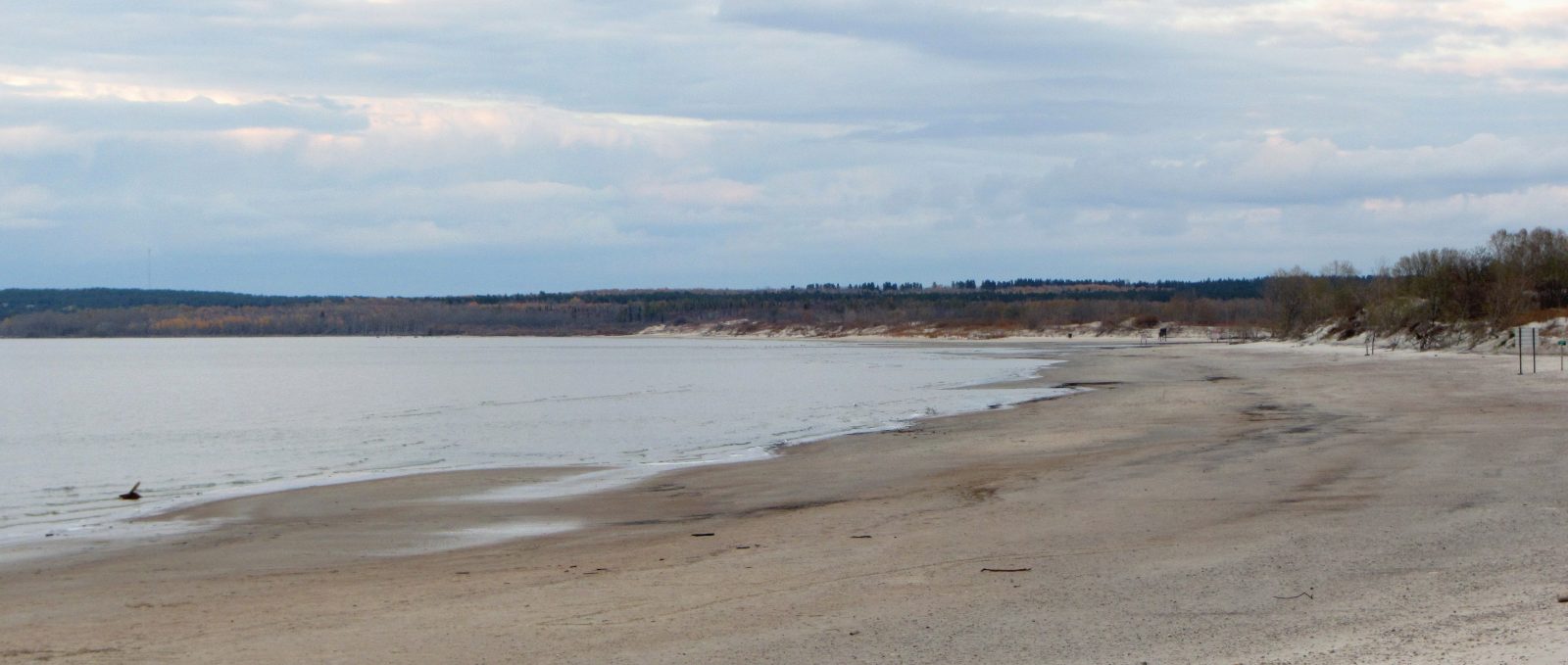The right to a healthy environment is a keystone tenet of modern environmental law — it is the underlying premise that recognizes the connection between the environment and our human right to life, liberty, and dignity. That’s why it’s fitting that the Keystone Province looks poised to recognize this right in the coming months.
Premier Greg Selinger’s recent promise to enact a provincial environmental bill of rights in Manitoba should come as very good news for Manitobans of all walks of life. In a wealthy, socially-progressive country like Canada, every person should have the basic human right to a healthy environment, including access to clean air, drinkable water, and uncontaminated soil.
Even better, Manitoba has the opportunity to step into a leadership role and shape the conversation around the important role provincial governments can play in protecting these essential building blocks of their residents’ health and well-being. While Ontario, Quebec and all three territories each have some environmental rights legislation in place, Manitoba can be the first to introduce a comprehensive provincial environmental bill of rights that, in addition to meaningful procedural rights, includes a substantive right to a healthy environment.
This would do two important things. First, it would improve government transparency and mechanisms for public participation in environmental decision-making, regardless of which party forms the government. This is absolutely critical given that, on paper, Manitoba’s environmental laws lag behind many other provinces when it comes to guaranteeing public participation rights. Second, it would give Manitobans an enforceable right to live an environment free from unsafe levels of toxic pollution that put their health at risk.
An environmental bill of rights could have helped address widespread heavy-metal contamination in the northern mining town of Flin Flon, where a copper smelter operated by HudBay Minerals Inc. dumped millions of tonnes of toxic pollution into the surrounding environment. It may also be able to offer some recourse for the people of Lynn Lake, where as many as 11 contaminated sites remain as the toxic legacy of decades of mining activity. Residents there report elevated levels of cancer and early deaths, and an aquifer linked to the town water supply and a number of fish-bearing rivers and streams are contaminated. The town mayor has even raised concerns about mine tailings seeping out of the ground at the local playground.
An environmental bill of rights could even lead to stronger laws and mechanisms to ensure the clean-up of Lake Winnipeg, where pollution from agricultural run-off and other sources has triggered algae blooms toxic to human health.
These possibilities are just the tip of the proverbial iceberg. Evidence from around the world, and within our own country, demonstrate that strong environmental laws can spur innovation, protect the public interest, and lead to heathier, more resilient communities. For instance, after contaminated water in Walkerton, Ont., killed seven people and made thousands of others ill, Ontario introduced what is widely considered to be the strongest drinking water law in the country, which led to the emergence of a thriving cluster of water treatment businesses and researchers in the province.
As environmental rights expert Dr. David R. Boyd writes, fears that legal recognition of environmental rights will somehow destroy the economy and clog up the courts are unfounded: Countries, states, provinces, and territories that recognize environmental rights have not experienced a sudden influx of frivolous litigation, nor experienced economic collapse. In fact, according to the Conference Board of Canada’s rankings, industrialized countries that recognize the right to a healthy environment have better environmental records than Canada and outperform us economically.
Swelling public support for environmental rights certainly seems to indicate that people in Canada are ready to embrace the concept that environmental rights are human rights — necessary for life, health, and human dignity.
In the last year alone, grassroots organizing efforts have led more than 90 municipalities across the country, including five in Manitoba, to adopt declarations recognizing their residents’ right to live in healthy environment. Premier Selinger’s commitment puts Manitoba on track to be the first to transform local momentum into provincial action that will benefit all Manitobans for generations to come, no matter who is in government.
As is always the case with new legislation, the devil will be in the details: Will Manitoba learn from experiences in other provinces and ensure public notification provisions are meaningful in practice? Will Manitoba have an Environmental Commissioner similar to Ontario’s legally-mandated watchdog? That said, we are hopeful that this development signals the beginning of an important paradigm shift where the implicit links between a healthy environment and human rights are enshrined in law.
In 1877, Governor-General Lord Dufferin described Manitoba as “the keystone of that mighty arch of sister provinces which spans the continent from the Atlantic to the Pacific.” May present-day Manitoba live up to that poetic description, and help usher in an era of modernized environmental protection from coast to coast to coast.


